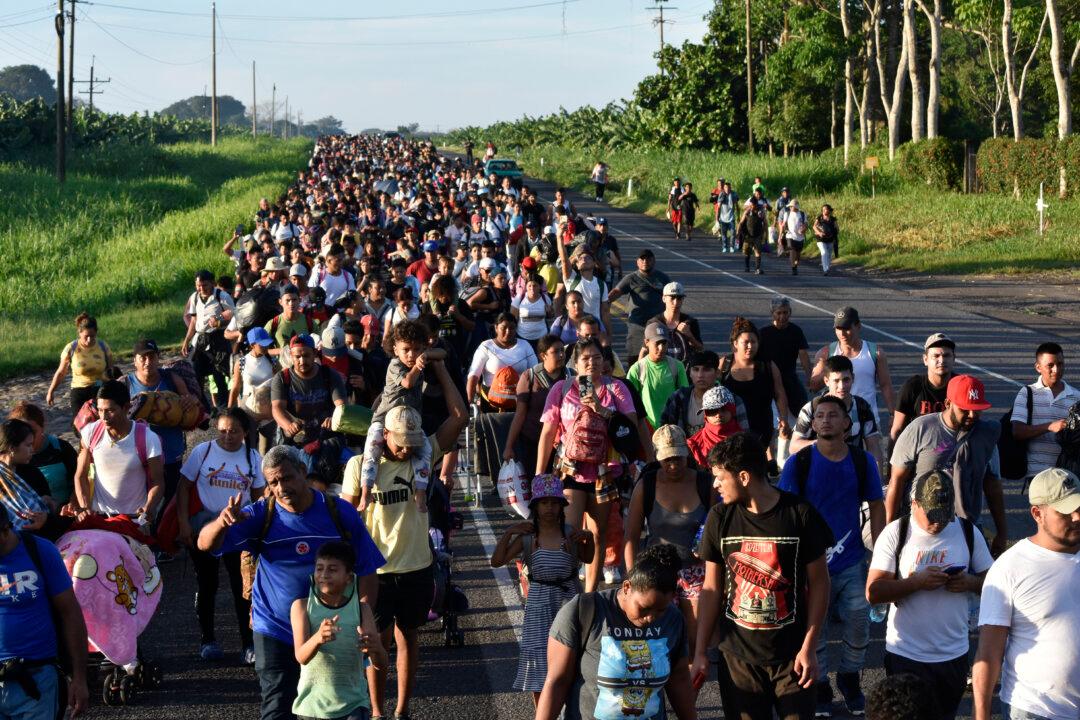Commentary
Speaking with a friend about the migrant crisis in the United States, she made an interesting observation. Many of the most prosperous Western nations in the world today are facing the same problem. They are flooded with migrants who are overwhelming the system, infuriating the citizenry, adding fiscal burdens, disrupting public order, and leading to possible political instability.





